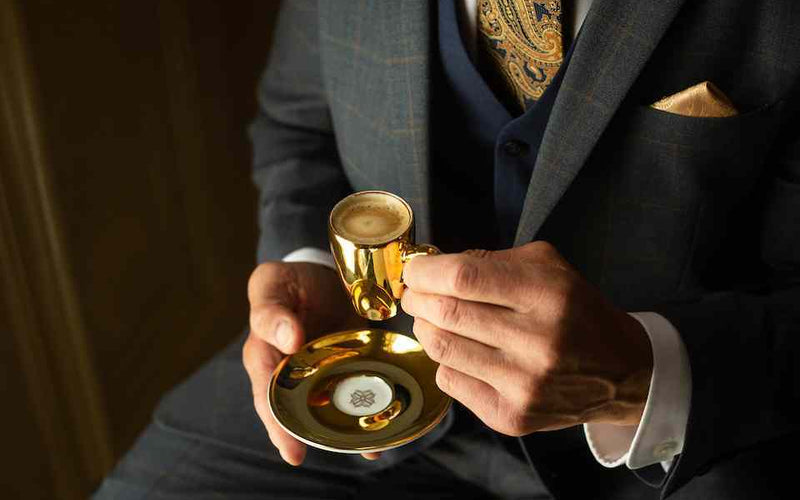The argument that decaffeinated coffee is full of chemicals is one we hear often. Many coffee drinkers avoid decaf altogether due to worries about chemical decaffeination processes. Some are concerned for health reasons, and others simply find the taste of decaf to be unpleasant. At Difference Coffee, we are not fans of chemically processed decaf. However, we do want to bust the myth that all decaf coffee is full of chemicals – it’s simply not true.
Naturally decaffeinated coffees are now widely available and better in quality than ever before. Specialty decaf coffees, in fact, are almost always processed using natural, chemical-free methods. If you’ve sworn off decaf because of this myth, we think it’s time to reconsider.
DIFFERENT DECAFFEINATION METHODS
The earliest decaffeination process, which was invented in 1905, used a chemical called benzene to remove caffeine from green coffee beans. Benzene is now known to be a human carcinogen, and its former use was the beginning of decaf’s bad reputation.
Contemporary decaffeination processes fall into two major categories: solvent and non-solvent. Solvent methods use water and charcoal filters along with a decaffeinating agent. The most common agents are methylene chloride, which is a synthetic chemical, and ethyl acetate, a chemical found naturally in some fruits and vegetables. Decaf coffee produced using ethyl acetate may be labelled “naturally decaffeinated” whereas decaf produced using methylene chloride may not.
There are two non-solvent methods for decaffeinating coffee. The CO2 process, the newest of decaffeination methods, uses carbon dioxide and high pressure. It’s an expensive process and is currently used only for large batches of commercial-grade coffees. The SWISS WATER® Process, developed in 1979, uses pure water along with a green coffee extract. It’s a gentle, 100-percent chemical-free method that removes 99.9 percent of the caffeine from green coffee beans. The process is ideal for specialty coffees as it doesn’t negatively affect their flavour and aroma profiles.
HOW TO FIND A GREAT DECAF
There’s plenty of bad decaf on the market, but today’s decaf drinkers have some delicious, chemical-free options as well. It can take a little time and effort to research specialty decaf options. You need to look not only for a natural, chemical-free processing method, but also for an effective method that removes as much caffeine as possible whilst leaving the coffee’s flavour profile intact.
We strongly believe the SWISS WATER® Process is superior to any other decaffeination method used today. Try a specialty coffee decaffeinated using the SWISS WATER® Process and you’ll discover that “all decaf is full of chemicals” is most definitely a myth.






